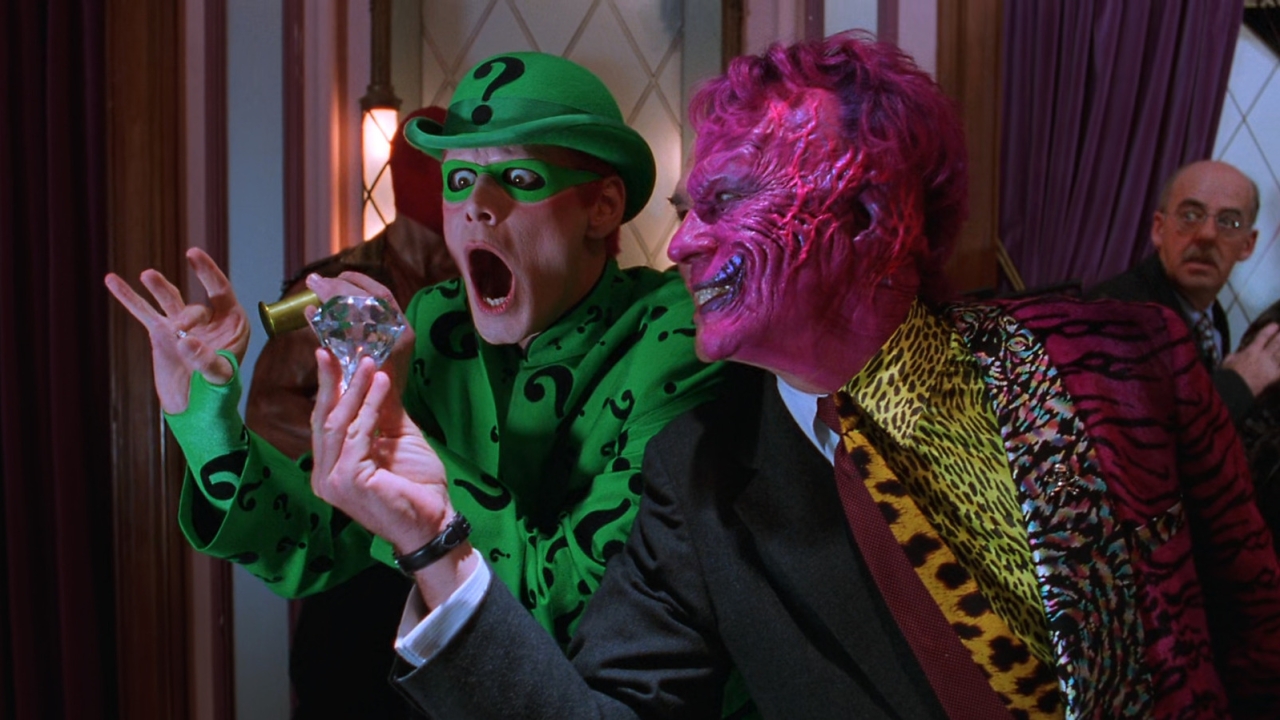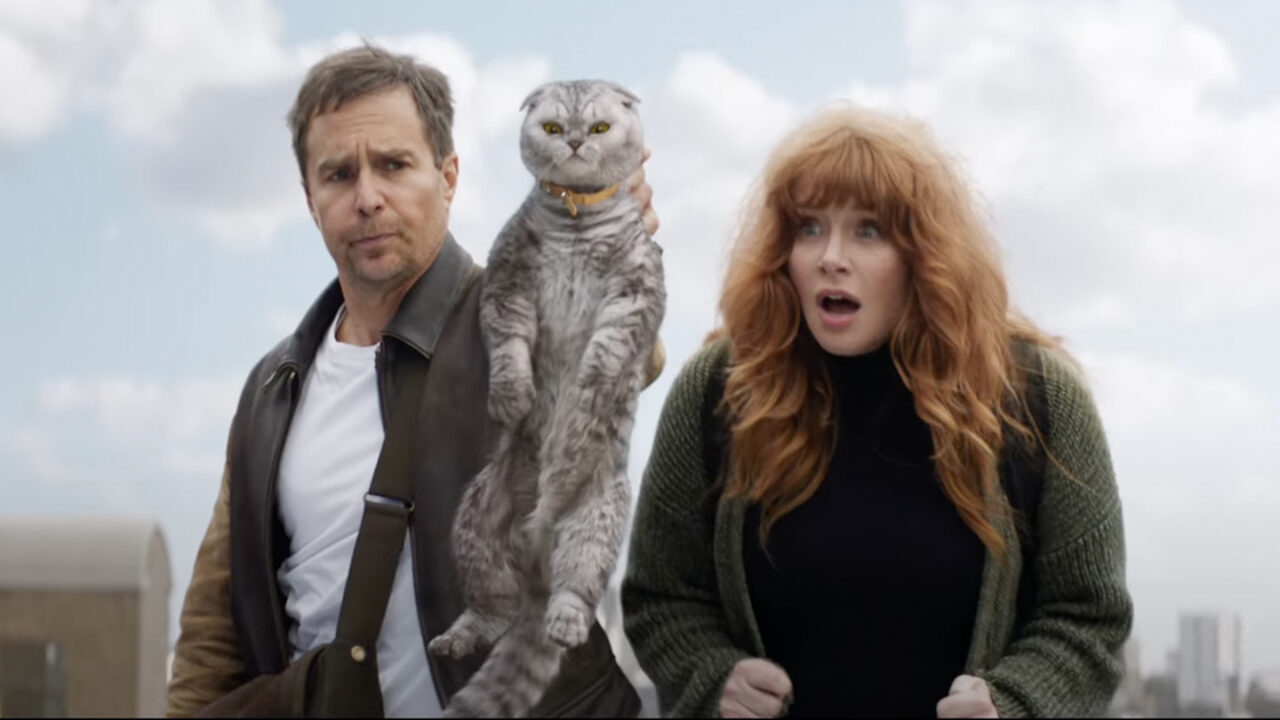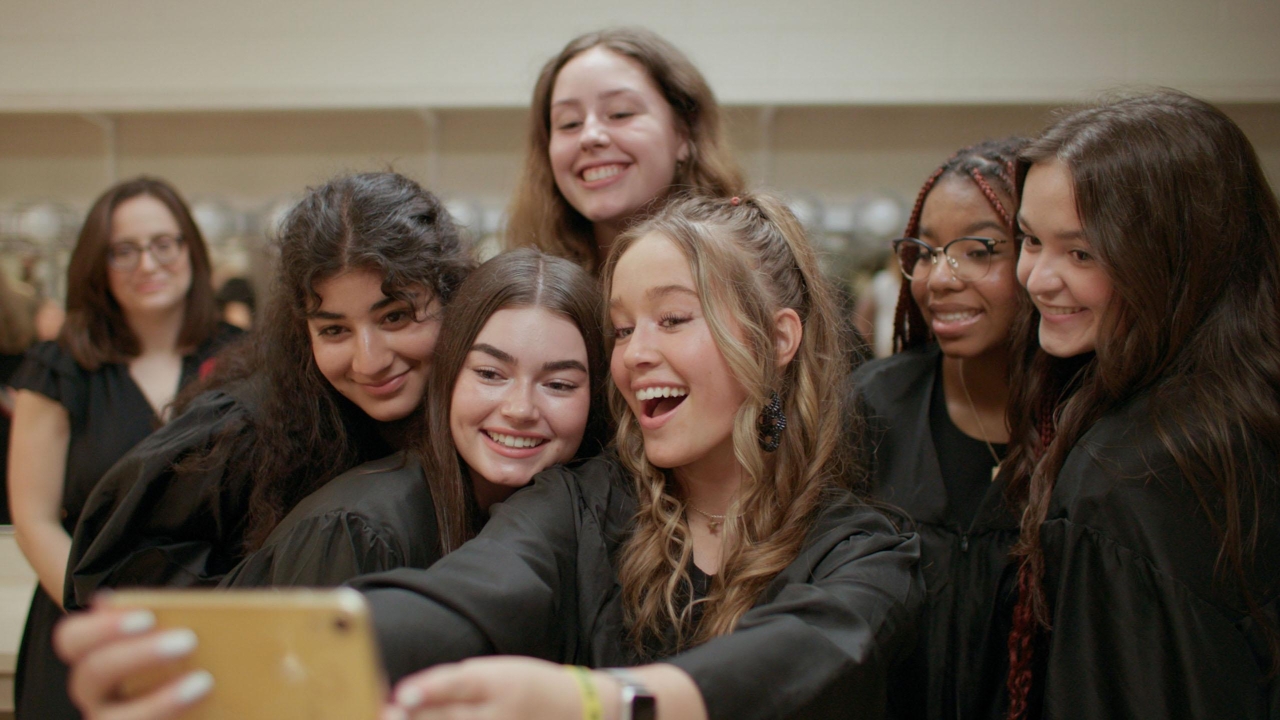The Rise of Artificial Intelligence in Film: Transforming the Future of Cinema
News - 9 January 2024
 Artificial intelligence (AI) has become an indispensable tool in today's society, permeating various aspects of our lives. While its presence is undeniable, its impact in the realm of film has been relatively limited thus far, despite initial concerns expressed by Hollywood's actors' and writers' unions. Although AI has been utilized in advertising by companies like Coca Cola, its prominent role in blockbuster movies such as Mission Impossible and The Creator has yet to fully materialize.
Artificial intelligence (AI) has become an indispensable tool in today's society, permeating various aspects of our lives. While its presence is undeniable, its impact in the realm of film has been relatively limited thus far, despite initial concerns expressed by Hollywood's actors' and writers' unions. Although AI has been utilized in advertising by companies like Coca Cola, its prominent role in blockbuster movies such as Mission Impossible and The Creator has yet to fully materialize.However, recent developments suggest that this may soon change.nnOne such development comes from user MinChoi, who shared an astounding example of AI technology creating a realistic battle scene, complete with swirling clouds of dust and charging elephants. This demonstration showcases the potential of AI in revolutionizing the film industry.
Director Joe Russo's prediction that a fully AI-made film could be produced within two years seems increasingly plausible, as AI technology continues to advance at a rapid pace.nnThe ability of AI to generate cinema-quality short films, trailers, and teasers in a matter of hours is a game-changer for the entertainment industry. With just a few clicks, creators can now access a wide range of AI tools that provide endless possibilities for storytelling and visual effects.
The following examples illustrate the groundbreaking capabilities of AI in film production:nn1. Realistic battle scenes: AI technology can recreate epic battle sequences with astonishing realism, capturing the chaos and intensity of warfare in stunning detail.nn2.
Emotional storytelling: AI algorithms are now capable of analyzing and synthesizing human emotions, enabling filmmakers to create compelling narratives that resonate with audiences on a deeper level.nn3. Visual effects: AI-powered tools can generate intricate visual effects, ranging from futuristic cityscapes to awe-inspiring explosions, enhancing the overall cinematic experience.
nn4. Character animation: AI has the ability to animate lifelike characters with fluid movements and expressions, bringing digital creations to life in ways never before possible.nn5.
Scriptwriting: AI algorithms can assist in generating plot ideas, dialogue, and character development, providing valuable insights to screenwriters and filmmakers.nn6. Adaptive editing: AI can streamline the editing process by automatically analyzing footage, selecting the best takes, and creating seamless transitions, saving time and resources.
nn7. Virtual production: AI-driven technologies enable filmmakers to create entire worlds digitally, allowing for greater creative freedom and flexibility in storytelling.nn8.
Personalized viewing experiences: AI algorithms can tailor content to individual preferences, providing viewers with customized recommendations and enhanced viewing options.nn9. Accessibility: AI tools make filmmaking more accessible to aspiring creators, allowing them to experiment with new techniques and styles without the need for extensive training or resources.
nn10. Innovation: AI continues to push the boundaries of storytelling and visual arts, inspiring new forms of creativity and expanding the possibilities of cinematic expression.nnAs AI technology continues to evolve and mature, its impact on the film industry is poised to grow exponentially.
From revolutionizing the way films are produced to enhancing the viewer experience, AI promises to reshape the future of entertainment in ways we have yet to fully comprehend. As filmmakers and creators embrace these transformative tools, we can expect to see a new era of storytelling unfold, where the limits of imagination are boundless and the possibilities are endless. With AI at the forefront of cinematic innovation, the possibilities for the future of film are truly limitless.











